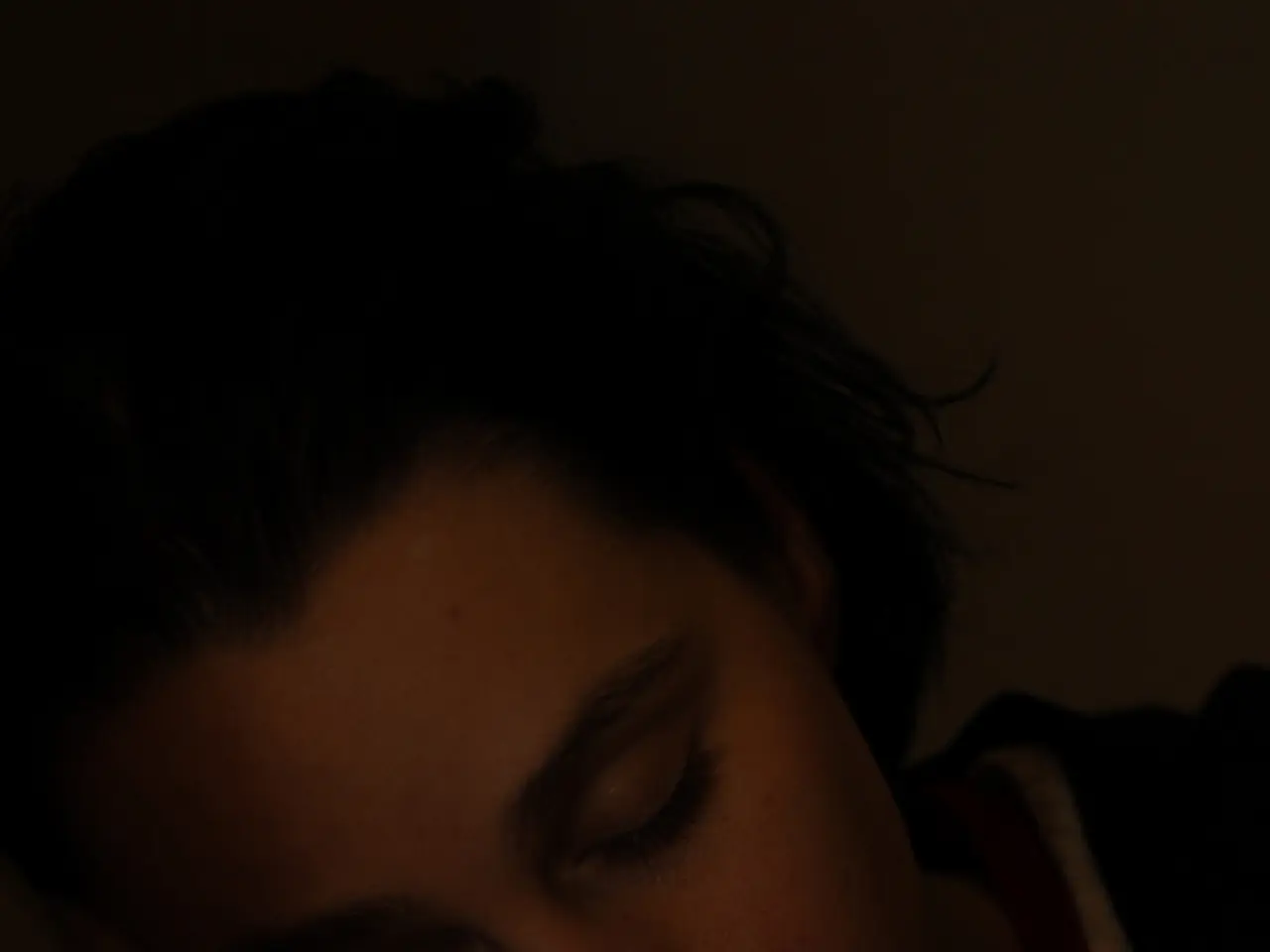Essential Guide for Improving Your Health Through Quality Sleep, from the Professionals in the Field
Sleep is a fundamental component of overall health, and yet many individuals struggle with sleep disorders that interfere with their rest and daily life. In this article, we'll explore various sleep disorders, the importance of seeking professional help, and the types of specialists who can assist in regaining control over sleep health.
Respiratory therapists play a crucial role in managing respiratory issues that affect sleep, particularly for individuals using Continuous Positive Airway Pressure (CPAP) therapy. Other sleep disorders include sleep apnea, characterized by repeated interruptions in breathing during sleep, and Narcolepsy, a neurological condition that disrupts the brain's ability to regulate sleep-wake cycles, leading to unexpected sleep attacks during the day.
Insomnia, a condition characterized by difficulty falling asleep or staying asleep, and Restless Legs Syndrome (RLS), which causes an uncomfortable urge to move the legs, making sleep elusive, are also common sleep disorders. These conditions can lead to serious consequences such as cardiovascular diseases, impaired cognitive function, and emotional challenges.
Addressing sleep disorders promptly is essential to prevent chronic fatigue, cognitive decline, mood swings, and serious cardiovascular risks. When seeking a sleep specialist, consider factors such as qualifications and certifications, experience and expertise, patient reviews, and referrals.
Collaborating with qualified sleep professionals like sleep medicine specialists, psychologists, otolaryngologists (ENT doctors), and respiratory therapists can help manage sleep disorders effectively. Sleep medicine specialists are qualified medical doctors with specialized training in diagnosing and treating sleep disorders. Sleep psychologists focus on the mental and behavioral aspects of sleep disorders, utilizing cognitive behavioral therapy (CBT) to address issues like insomnia and poor sleep hygiene. Otolaryngologists address anatomical issues affecting sleep, including snoring and obstructive sleep apnea.
In Germany, specialized doctors for sleep disorders include neurologists with a focus on sleep medicine, dentists specialized in dental sleep medicine, and sleep specialists at research and clinical sleep laboratories. Specialized sleep clinics and psychosomatic clinics with experts in sleep-related disorders also provide treatment.
At our website, we encourage anyone struggling with sleep issues to seek professional guidance for better sleep. Remember, a sleep study, such as polysomnography or a home sleep test, may be administered during an initial consultation to assess your sleep condition accurately. By taking the first step towards addressing your sleep disorder, you are taking a significant step towards improving your overall health and well-being.
Read also:
- Peptide YY (PYY): Exploring its Role in Appetite Suppression, Intestinal Health, and Cognitive Links
- Toddler Health: Rotavirus Signs, Origins, and Potential Complications
- Digestive issues and heart discomfort: Root causes and associated health conditions
- House Infernos: Deadly Hazards Surpassing the Flames








